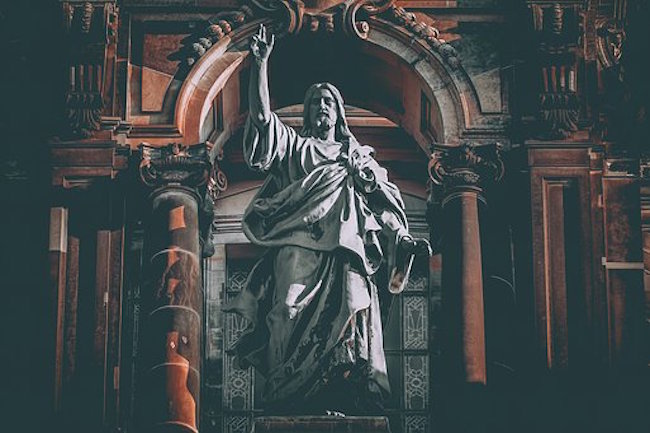Miracles in the New Testament by Myra Kahn Adams for Town Hall
Author’s Note: Readers can find all previous volumes of this series here. The first 56 volumes are compiled into the book “Bible Study For Those Who Don’t Read The Bible.” News Flash: New Shroud of Turin event at the Museum of the Bible on July 16.
Thanks for joining our concluding two-part study about miracles. If you missed Part 1 (Vol. 119) about Old Testament/Hebrew Bible miracles, please review for a better understanding of today’s discussion. Also, interestingly, Scripture has no single word that is translated as “miracle.”
Let’s begin with a paragraph from Vol. 119 about the Old Testament miracles that we will contrast with the New:
“Miracles are God’s way of showing He is God with the power to impact human events and unleash natural occurrences to His glory for His desired outcome. God’s miracles make it easier for humans to love, trust, fear, praise, glorify, and pray to Him.”
In Vol. 119, we discussed examples of God’s miracles performed either through others (Moses) or by God directly at a moment of crisis or possible defeat (Joshua). More miracles occurred when one person (Daniel) or a group of God’s people (Shadrach, Meshach, and Abednego) were in grave danger by others or self-inflicted (Jonah).
In the New Testament, Jesus performed His own multi-faceted miracles for others to witness. But sometimes, He asked observers or recipients not to tell others to not draw attention to Himself and raise the ire of Jewish and Roman authorities.
In the Old Testament, no one questioned God’s miracles, but Jesus, fully divine and fully human, had to live among flawed humans. Hence, Jesus’s miracles sparked religious/political conflict among leaders who were scared/jealous/unable to comprehend the meaning of His powers, and questioned the source of His miracles.
Subsequently, Jewish authorities ascribed them to the devil and accused Jesus of blasphemy. But, ultimately, Jesus’s miracles drew attention to Him and made people believe, which led to His conviction, crucifixion, and glorious resurrection.




